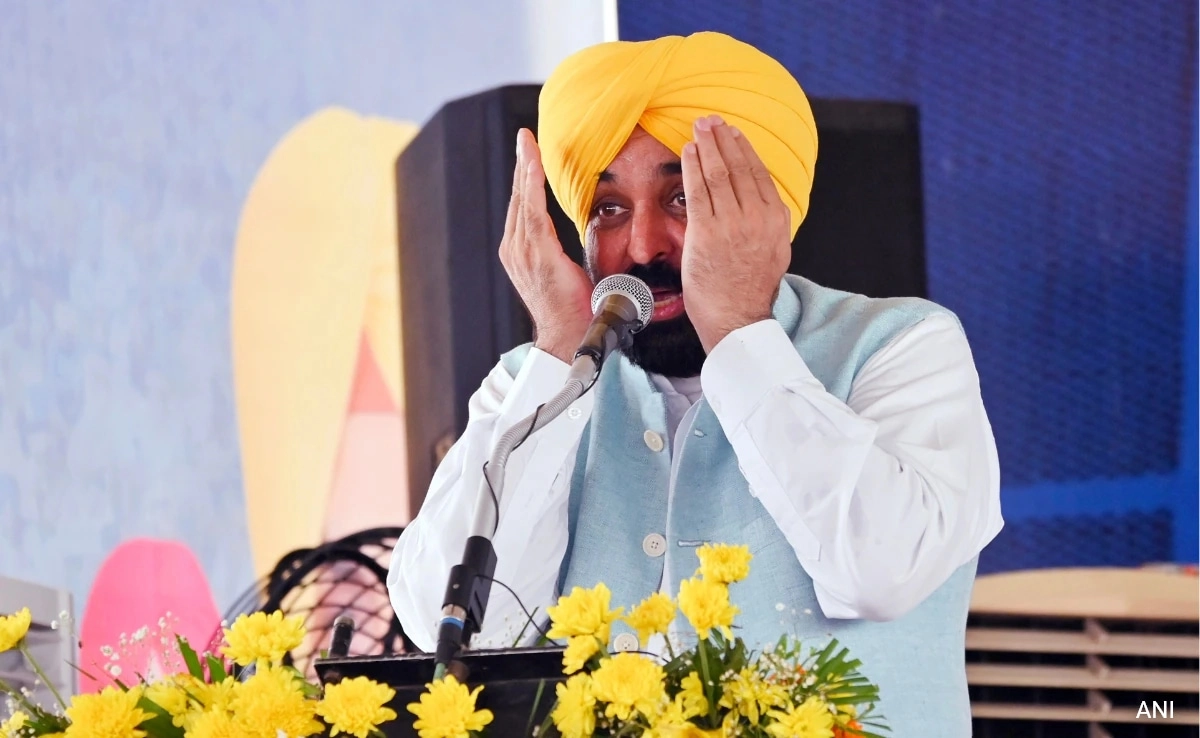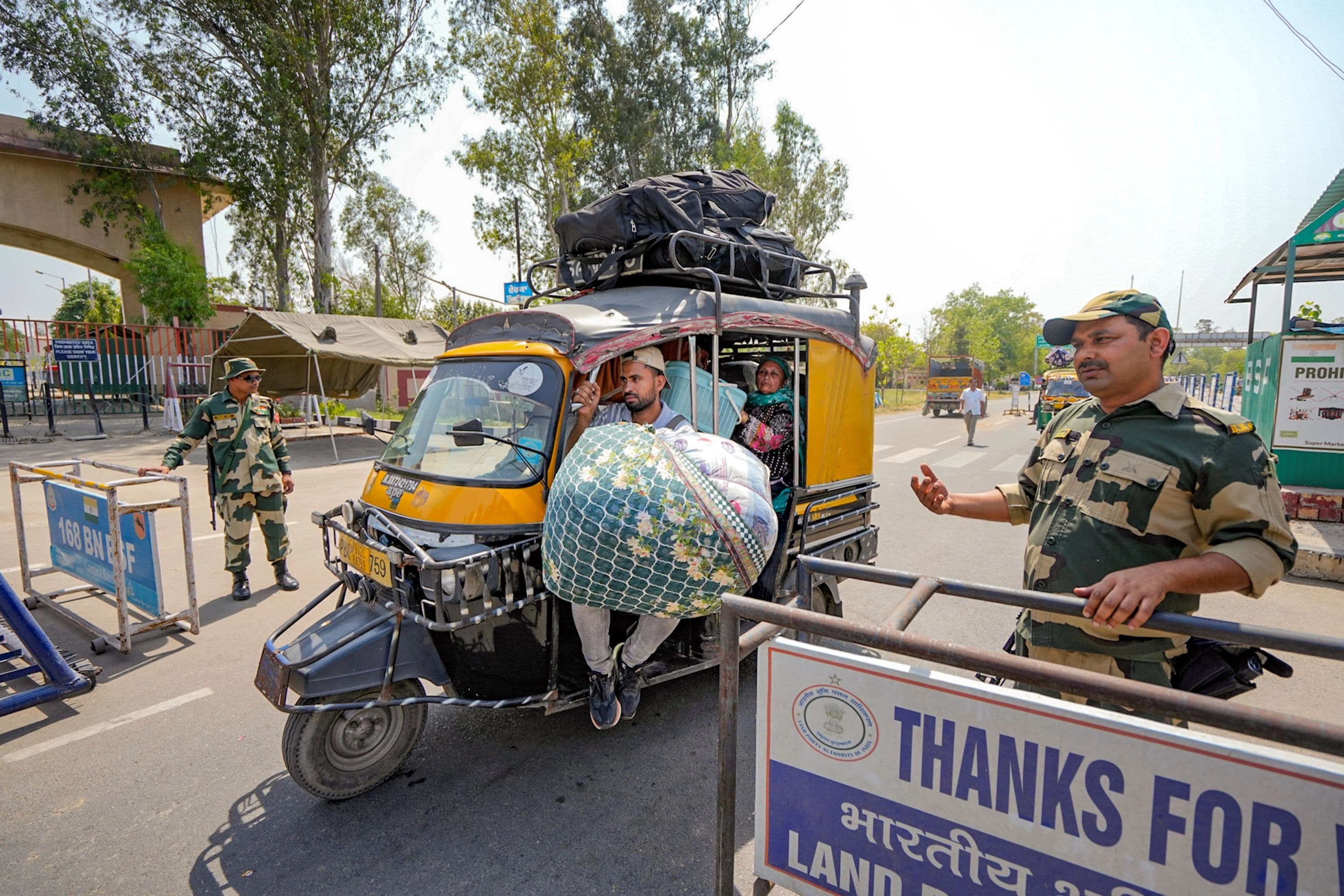The recent remarks made by B Mann, the Chief Minister of Punjab, regarding Prime Minister Narendra Modi’s visit to various countries have sparked significant discourse. Mann’s assertion that the Prime Minister’s international trips “do not behove” a leader of his stature raises questions about the appropriateness and timing of such engagements, especially given the pressing domestic issues facing the country. This statement reflects a broader sentiment among some political leaders and citizens who feel that the focus should remain on addressing internal challenges rather than on diplomatic outreach.
Mann’s comments come at a time when the nation grapples with various socio-economic issues, including unemployment, inflation, and agricultural distress. Critics argue that while international diplomacy is essential, it should not overshadow the urgent need for the Prime Minister to engage more directly with these pressing domestic concerns. The juxtaposition of foreign visits against the backdrop of local hardships evokes a sense of disconnection between the government and the everyday realities faced by citizens. Mann’s remarks serve as a reminder of the responsibility that comes with leadership, particularly in times of crisis.
Moreover, the discourse surrounding Mann’s comments highlights the differing perspectives on the role of a Prime Minister in the context of globalization. While proponents of international engagement argue that such visits can foster economic ties and enhance India’s global standing, detractors emphasize that the primary responsibility of the leadership should be towards the welfare of its citizens. This dichotomy raises important questions about priorities and governance in a democratic framework, where the voices of the populace should ideally guide the actions of their leaders.
In conclusion, B Mann’s remarks about the Prime Minister’s foreign trips open up a vital conversation about the balance between international diplomacy and domestic responsibility. It underscores the need for leaders to remain grounded in the realities faced by their citizens while also navigating the complexities of global politics. As the nation continues to evolve, the dialogue surrounding such issues will be crucial in shaping a leadership model that is both responsive and effective in addressing the multifaceted challenges ahead.




